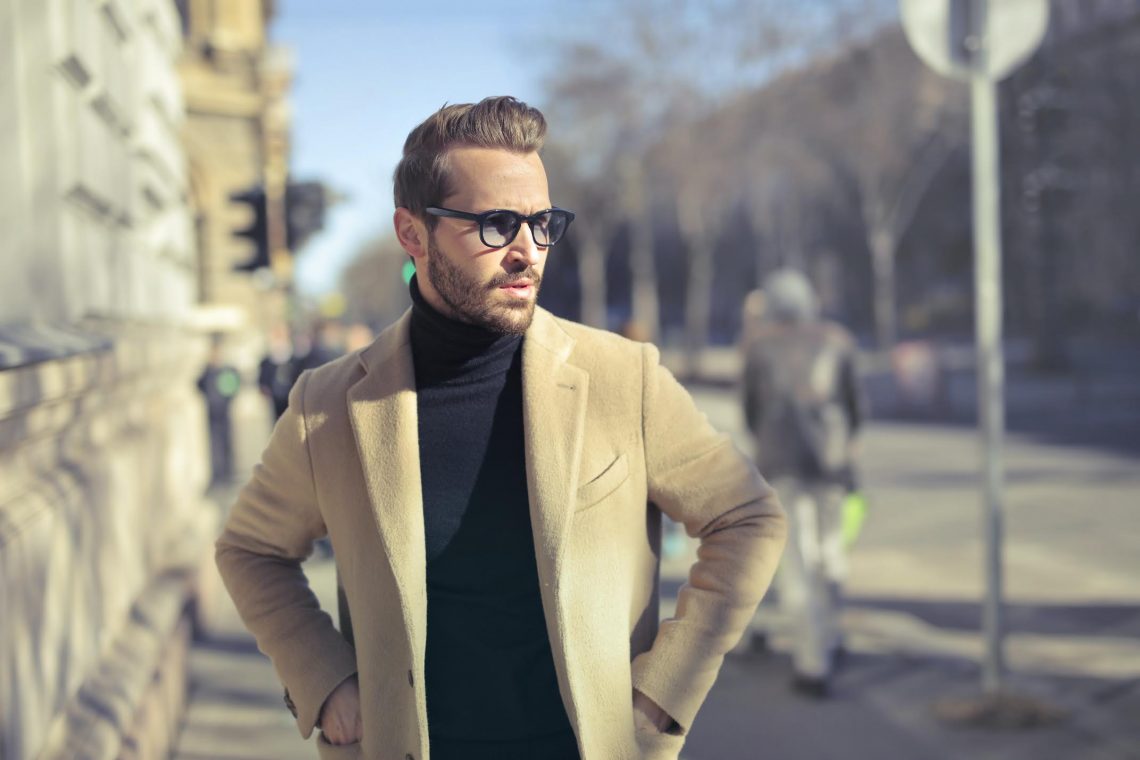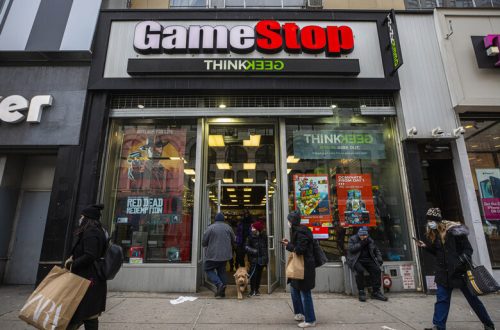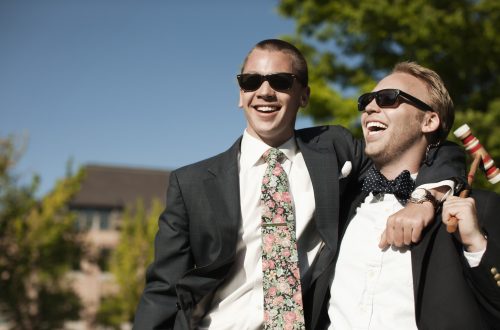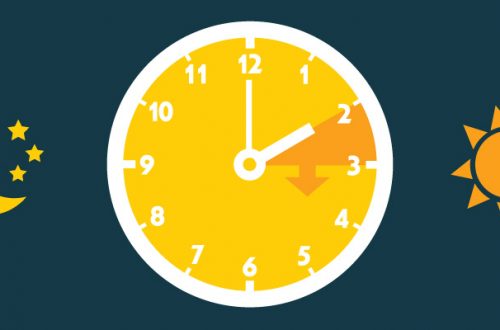
Race in America: My Experience as a White Student Undercover as a Black Student Undercover as a White Student
I have done many things for the sake of journalism. I’ve gone deep undercover as a UChicago cafeteria worker, delved into the financial workings of our school’s administration, and even kayaked on the Seine. However, for this Martin Luther King Day, I undertook my most difficult journalistic mission yet. I decided to investigate one of the largest issues prevalent in our nation, an issue that a UChicago email poll rated as a “Top 5 Issue on the Student Body’s Mind.” I investigated the issue of Race in America.
Now, it’s no secret that white people enjoy a certain level of status in the world. I am a privileged white man and investigative journalist, but I realized I could never fully understand the issue if the world saw me as such. Instead, I had to go incognito. As I started my day undercover as a black student disguised as a white student, I understood the struggle of being a white investigative journalist in disguise as a black student. But as I put on my hyper realistic white latex mask, I began to understand the struggle of being a black student disguised as a white student. In addition, I also understood the struggle of being a white man named Ryan disguised as a black student named Michael disguised as a white student also named Ryan. At that moment, I finally understood race on many levels.
As I walked out of my apartment on 55th and walked down the street, I immediately felt eyes on me. People looked at me differently than they had when I was walking down the street as a white man and investigative journalist. People stopped and stared. They gave me odd looks. There was even the occasional whisper. Was this what it felt like to be a black student wearing a realistic white latex mask that made him seem white? If so, I didn’t like the experience.
However, the experience only continued. As I walked into my Critical Race and Ethnic Studies class, Contemporary African American Politics, I felt the eyes of my classmates on me as I entered the room. My heart jumped as a classmate called me by my real name, Ryan. But then, I realized he was referring to the white student that the black student I was disguised as was disguised as. I regretted naming this white student the same name as my own, but at least my cover had not been blown. As class continued, I realized that I was being treated differently in our class discussions. They perceived me as a white student. But what they failed to realize was that I was really undercover as a black student going undercover as a white student. At the end of the class, I pulled off my white latex mask to reveal that I was really a black student named Michael all along. However, the professor grew quite angry at this deception and told me to leave immediately. Sometimes, when people are challenged, they lash out with rage. I think that’s what happened there.
As I wandered the streets as a black student named Michael, I began to understand the struggle of many African-Americans, and the overall issues inherent in race in America. I got numerous glares and dirty looks as I meandered through the streets, some of them even from black people. People shouted at me, telling me that I, a black student, was “offensive” and “not okay.” By the time I reached my apartment, I had experienced more hate than I, or any other journalist pretending to be a student of color, could ever handle.
Ultimately, the issue of Race in America is more complex than I possibly could have imagined. But what I ultimately realized is that, at the end of the day, we’re all human beings. I’m no more human than the professor who kicked me out of their class, or the people who told me that I shouldn’t be allowed on a college campus. We’re all human. And I think if we all remember that, then we might just be on the path to fixing it.
Originally Published in the Maroon





